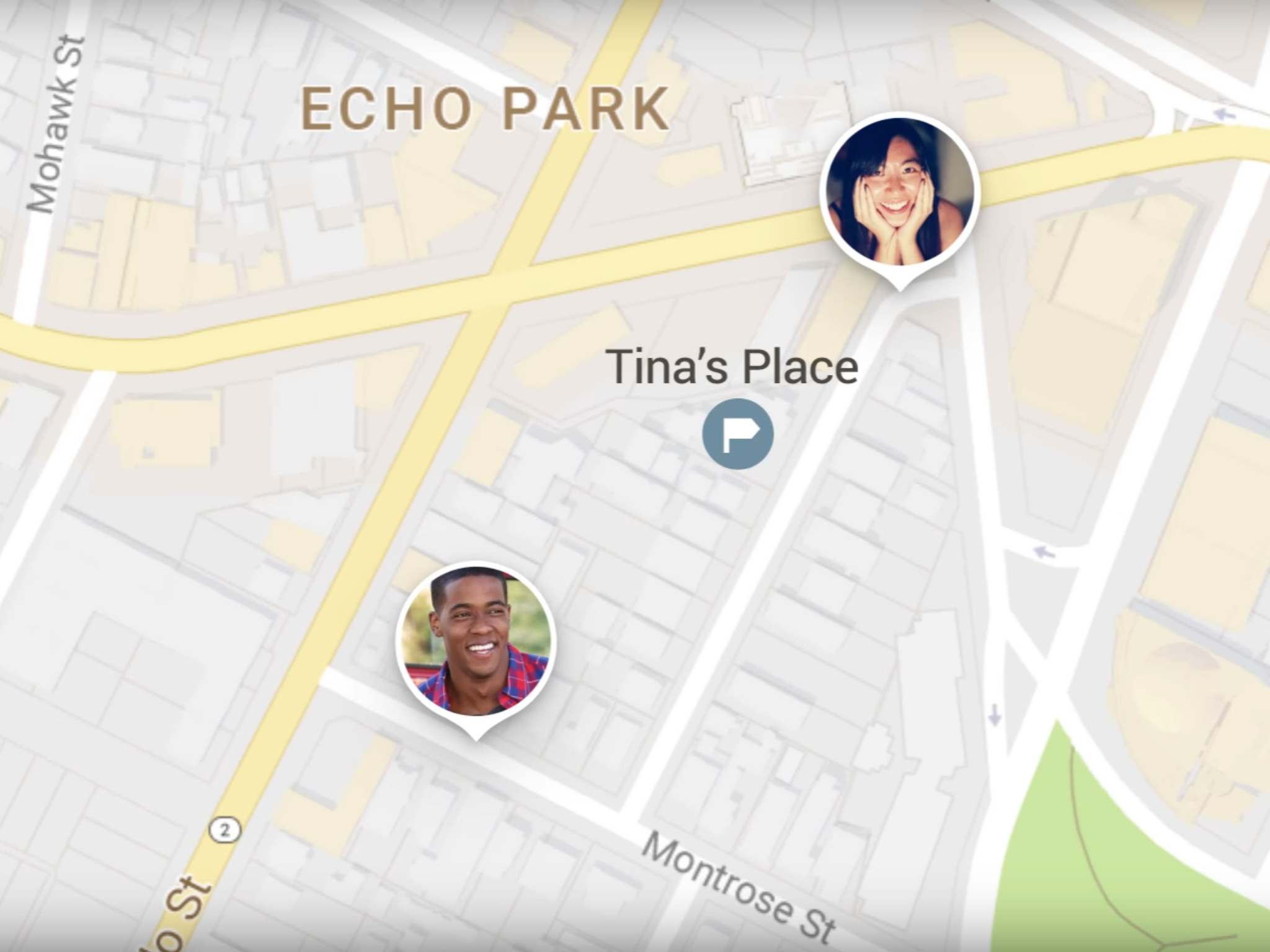Google Maps could let strangers track your real-time location for days at a time
The app is adding a useful feature that's also very problematic

Your support helps us to tell the story
From reproductive rights to climate change to Big Tech, The Independent is on the ground when the story is developing. Whether it's investigating the financials of Elon Musk's pro-Trump PAC or producing our latest documentary, 'The A Word', which shines a light on the American women fighting for reproductive rights, we know how important it is to parse out the facts from the messaging.
At such a critical moment in US history, we need reporters on the ground. Your donation allows us to keep sending journalists to speak to both sides of the story.
The Independent is trusted by Americans across the entire political spectrum. And unlike many other quality news outlets, we choose not to lock Americans out of our reporting and analysis with paywalls. We believe quality journalism should be available to everyone, paid for by those who can afford it.
Your support makes all the difference.Google has announced a new location-sharing feature for Maps, which could prove both useful and concerning.
The app will allow you to reveal your real-time location to your contacts, making it easier to meet up.
You can share your whereabouts by sending a link – which is generated when you enable location-sharing by tapping the blue dot that represents where you are – to your contacts.
However, they can forward the link to anyone else simply by copying and pasting it.
Your real-time location data could prove particularly useful to a criminal looking for an opportune moment to break into your house. That’s an extreme example, but it certainly isn’t out of the question.
You should therefore only share your location with people you really trust, but even then there’s still an element of risk.
Maps will allow you to choose how long your location-sharing links work for, with intervals ranging from 15 minutes to three days to indefinitely.
However, as a safety precaution, links shared with people who aren’t in your contacts will be valid for a maximum of three days.
Indefinite location-sharing with people you do know presents very different, but equally valid issues.
A Google Maps user in an abusive relationship, for instance, could be forced by their partner to enable location-sharing at all times, as an easy way to exercise control.
Google says it’s working with Community Overcoming Relationship Abuse, a domestic abuse agency, to work out ways to protect the privacy of people dealing with abusive relationships, according to Recode.
However, the company insists that users have total control and can turn the feature off at any time.
Location-sharing on Maps will roll out globally “soon”.
Join our commenting forum
Join thought-provoking conversations, follow other Independent readers and see their replies
Comments